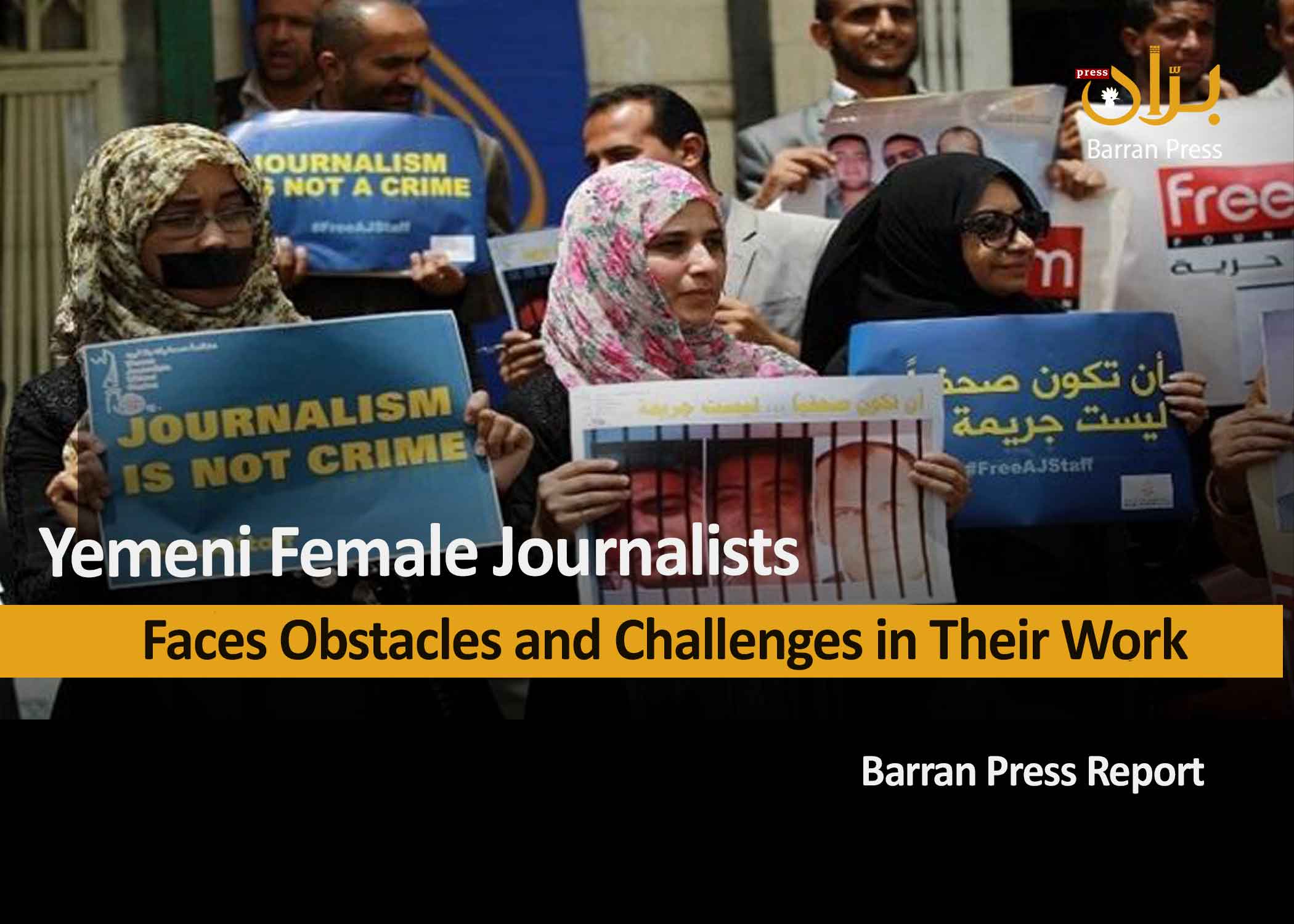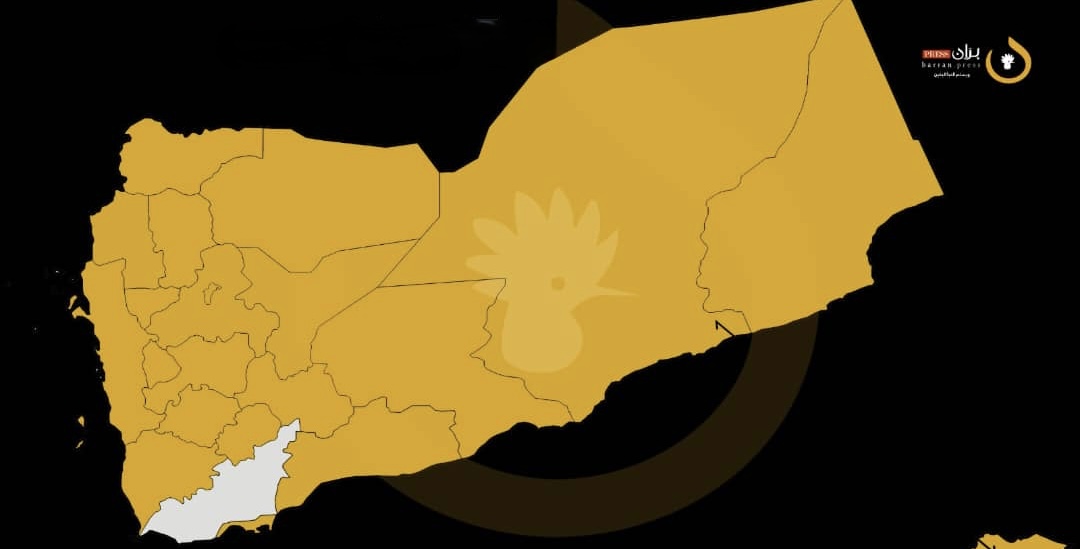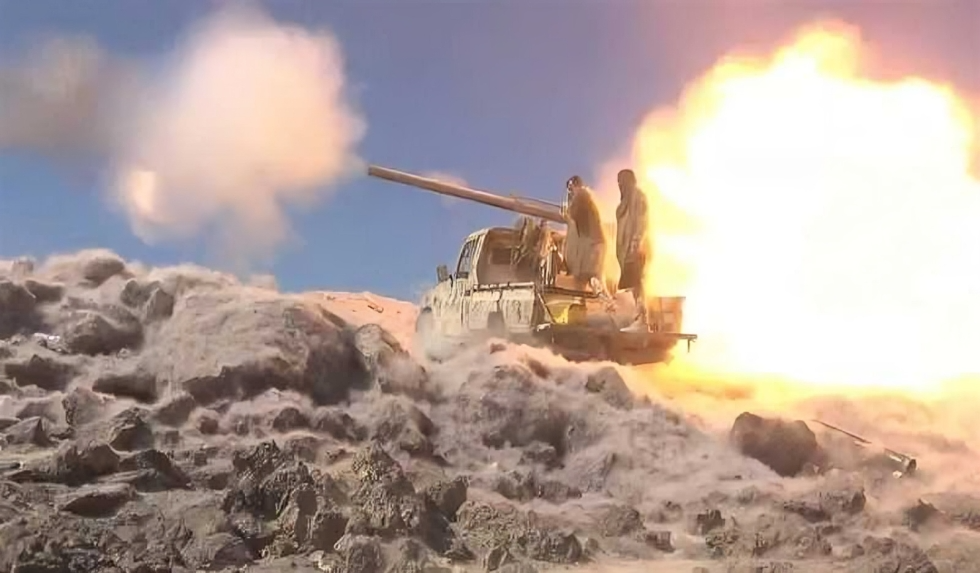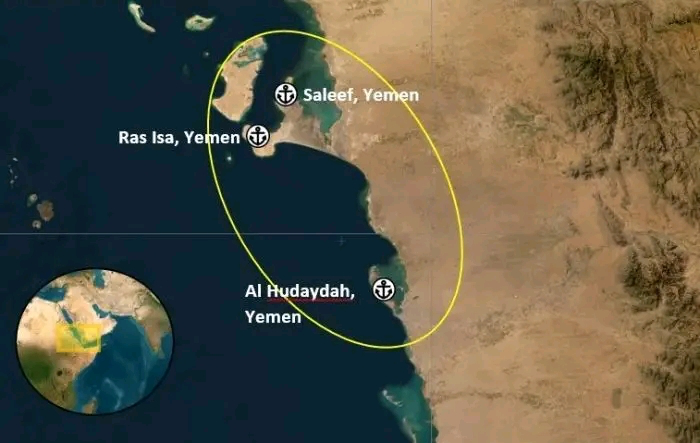
Barran Press
A special report prepared for “Barran Press” by Suhail Al Sharhi:
Despite their unwavering determination and ambition to pursue their passion for truth, Yemeni female journalists face numerous daily challenges and obstacles, particularly when working in the field.
In addition to societal perceptions that still view women as unfit for media work, the volatile security situation poses an additional challenge, making fieldwork a dangerous and risky endeavor.
This report by Barran Press explores the prominent challenges and risks faced by female journalists and media professionals in Yemen, based on interviews with experienced professionals in the field.
Declining Press Freedom
Abrar Mustafa, an independent journalist, highlights the stark contrast between pre-war conditions and the current reality. "Before the war, female journalists could work freely, discussing various media topics with ease and without restrictions," she says. "However, following the coup and the war that began in 2011, voices have been silenced, and media has become controlled, not free."
Abrar further emphasizes that the political positioning of media outlets and their alignment with warring factions force female journalists to operate within policies they may not agree with, especially when working for television channels.
She also points out that female journalists in Yemen face threats and bullying, particularly during political debates.
Regarding opportunities for female journalists, Abrar notes that "beauty can be a factor in both acceptance and rejection of some female journalists."
In her opinion, "most media outlets in Yemen and the Arab world rely on beauty rather than talent or meaningful content, which has become solely for entertainment purposes."
The Security Situation
Maha Ali, a correspondent for Belqis TV in Taiz, states that the deteriorating security situation is one of the most significant obstacles faced by Yemeni female journalists, hindering their ability to work in the field.
Lamia Al-Sharabi, another journalist, agrees, stating that the deteriorating security situation is one of the most significant challenges for female journalists in Yemen, adding that it has had a profound impact on their safety, finances, and social lives.
Abrar Mustafa confirms that female journalists in Yemen face difficulties obtaining statements while covering events in the field, particularly at battlefronts.
She adds that some officials at the scene refuse to provide statements to female journalists, believing it goes against customs and traditions.
According to Abrar, this significantly hampers the work of female journalists, and some have even lost their jobs due to the difficulty of obtaining information and statements from officials, especially military personnel at battlefronts.
Beyond Security Concerns
Maha Ali, a correspondent for Belqis TV in Taiz, highlights additional obstacles faced by female journalists. "The deteriorating economic situation and the decline in individual income make it difficult to gather information for our work," she says.
Ali also points out the difficulty in obtaining information and statements from civil society organizations, particularly statistics, which hinders the completion of journalistic and media materials.
Harassment and Exploitation
Lamia Al-Sharabi, a journalist, reveals that many female journalists face harassment and intimidation in the field, with security forces remaining silent and inactive. "Yemeni society still believes that women should not work or cover events without a male guardian," she explains.
Al-Sharabi also identifies online exploitation as a major obstacle for women, impacting them psychologically, socially, economically, and even in terms of safety. She emphasizes the lack of legal deterrents to curb this phenomenon.
She further points out that the societal perception of female journalists during collaborative work with male colleagues, as well as the transformation of most media outlets into platforms for specific factions, limiting women's roles within these affiliations, pose significant challenges.
Gender-Based Analysis
A recent analysis by the International Media Support Organization, focusing on the gender dynamics within the Yemeni media landscape, reveals a concerning trend of rising gender-based violence.
The gender analysis of the Yemeni media sector, conducted by media development expert Dr. Aida Al-Qaysi, explores the potential role of media in empowering women in Yemen's future. It also provides recommendations for promoting safer, fairer, and more gender-sensitive reporting, as well as comprehensive and sensitive news and media programs.
The analysis highlights that women's physical safety remains compromised due to the conflict, including bombing, shelling, airstrikes, landmines, and an increase in harassment, threats, kidnappings, and sexual assault. These tactics have become prevalent weapons used by security forces against women in the media.
The report also notes that online harassment of women through social media platforms is widespread, reflecting the increasing prevalence of gender-based violence and sexual violence as a tactic of war, particularly in the absence of fair and transparent justice mechanisms.
The analysis emphasizes that deeply rooted patriarchal and conservative attitudes, both structurally and socially, coupled with a lack of political will to address systemic issues or challenge social norms, contribute to the challenges faced by women in media.
The report acknowledges that many media organizations are less likely to work with female journalists, as navigating travel restrictions becomes cumbersome and bureaucratic.
Even in cities like Taiz and Aden, where conditions are more tolerant towards women and media, the report states that fieldwork remains challenging for women.
The report also highlights the limited opportunities for women to hold senior management positions in media due to a combination of factors, including the gender pay gap, limited promotion opportunities, and discriminatory hiring and retention policies for women.
As a result of these structural obstacles, the report concludes that women's representation in Yemeni media remains a significant concern.





